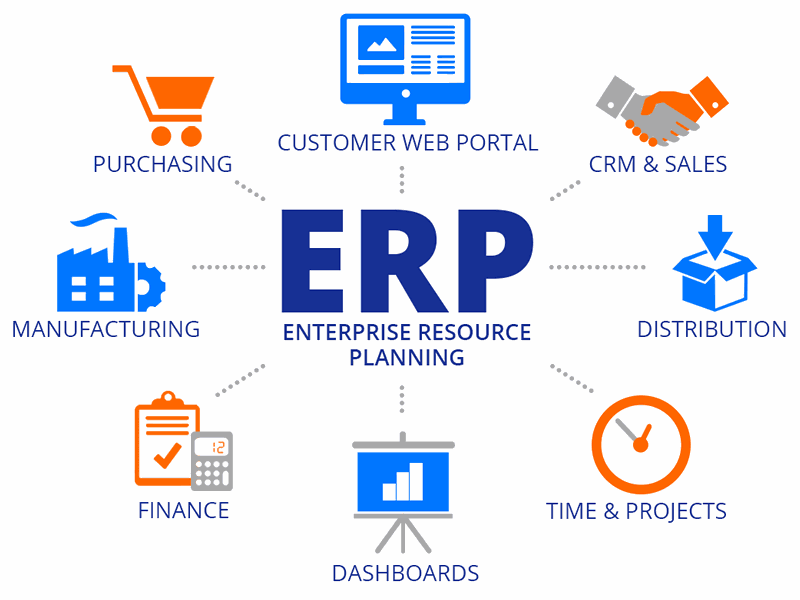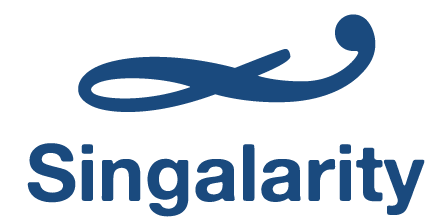-
Products
- SAS - Singalarity Authentication Server & Token Management Server
- TAE - Troubleshooting Analytic Engine
- FSOC - Forensic Security Operations Center
- ST Engineering Data Diode - Secured Data Transfer Gateway
- Rnext - Business Management Platform
- Rnext - QRPay Intra-Gateway
- Rnext - Fintech Solution Platform
- Services
- Industries
- News & Analysis
- Opportunities
- About us
How ERP is Help the Healthcare Industry
Enterprise resource planning (ERP) is software technology that facilitates communication between departments within an organization, enabling employees to work better, thus increasing producttivity.

Enterprise resource planning (ERP) is software technology that facilitates communication between departments within an organization, enabling employees to work better, thus increasing productivity. This proactive software was once associated with the manufacturing industry because earlier ERP systems were designed to solve problems that inhibit production potential; however, ERP is now able to improve efficiency in lots of businesses. As a result, ERP is being endorsed by different industries, including the healthcare industry.
What Is ERP?
ERP is a software solution composed of a series of modules that link information onto one program. As a result, storing and accessing data is made a lot easier. This technology is designed to monitor data and improve communication between an organization's departments.
An Integrated Approach
Gone are the days when all medical information was written down and stored away in filing cabinets for future reference. Nowadays, advances in information technology mean that data can be stored electronically, which is an advantage when it comes to retrieving documents, as you won't have to spend a long time browsing through the filing cabinets.
However, ERP is not just a software solution that allows you to store information on a computer and retrieve it easily; it is far more advanced than that. With ERP, all the relevant data is centralized, making it easier to access and interpret the most up-to-date business facts and figures. This integrated method is safer than having information across multiple systems where data can get lost in transition. Also, it's time consuming and costly to analyze data from different systems when everything you need to know can be in the same place.
Better Patient Care
ERP enables patients' details to be stored and transferred between all healthcare providers, so whether it's a trip to the physician's office, the emergency department or another hospital department, patients' records will be updated accordingly. This is an important feature, as it helps doctors to make the right diagnoses and provide the best treatment for health conditions. Furthermore, storing data on patients' appointments, lab results and procedures will speed up payments from insurance companies, because all the necessary information is readily available.
Strategic Planning
ERP is an effective tool in helping managers to plan strategically, because the software highlights areas where improvements can be made to save costs and enhance the overall efficiency of an organization. Once the areas that need improvement have been identified, it will be simple to monitor whether the provisions put in place are proving effective or not.
A Cost-Effective Solution
ERP is helping the medical industry to manage its finances better. This software solution keeps track of patients' payments and costs of supplies and services. Managers can reduce costs that are incurred due to administrative and inventory mistakes, because ERP can monitor inventory levels and finances accurately. In addition, this savvy software can manage purchasing and distribution tasks, which would usually be done by a doctor or a nurse. Allowing ERP to take care of this will free up more time for healthcare workers to spend with patients.
ERP is transforming the way organizations operate, as communication issues are no longer a barrier to productivity. Therefore, in an industry where communication is of the utmost importance, it makes sense to use this technology and reap its benefits.
Source: Internet
Share:

